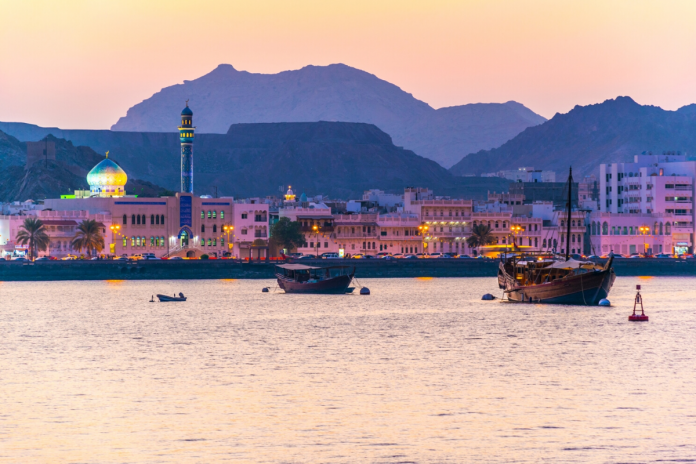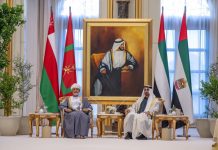The Institute of International Finance (IIF) affirmed that the Sultanate is making great progress in its financial adjustment and structural improvements that will help reduce the impact of the COVID-19 pandemic on the economy.
IIF said in a new report that the Sultanate has shown strong financial response to maintain the resilience of the economy during the current crisis.
The report pointed out that the Sultanate had begun a set of financial measures to deal with the repercussions of the coronavirus pandemic, as many ministries were reorganised or merged, with the aim of reducing spending.
Other new measures include spending cuts. The government also intends to introduce a value-added tax and 5 per cent income tax in early 2021, which could generate about 2 percent of GDP in additional non-hydrocarbon revenue.
“The Omani government spending as a share of GDP is 43 per cent – [which is] much higher than most developing and emerging economies. Oman still has ample scope to scale back spending and raise the efficiency of public investment,” said Garbis Iradian, the Chief Economist, MENA of the IIF.
He added that the fiscal deficit will shrink significantly after 2020, supported by spending cuts and tax reforms.
IIF confirmed that the Omani economy is in a much better condition than the recent IMF projections, pointing out that its forecasts show more positive economic conditions with a fiscal deficit much less than the one projected by IMF.
The IIF attributes that to the Sultanate’s expected average crude oil export prices for this year, which should be US$4 per barrel higher than IMF forecasts; and hydrocarbon production is likely to decline by only 2 per cent in 2020.
Source: IIF, IMF, ONA






